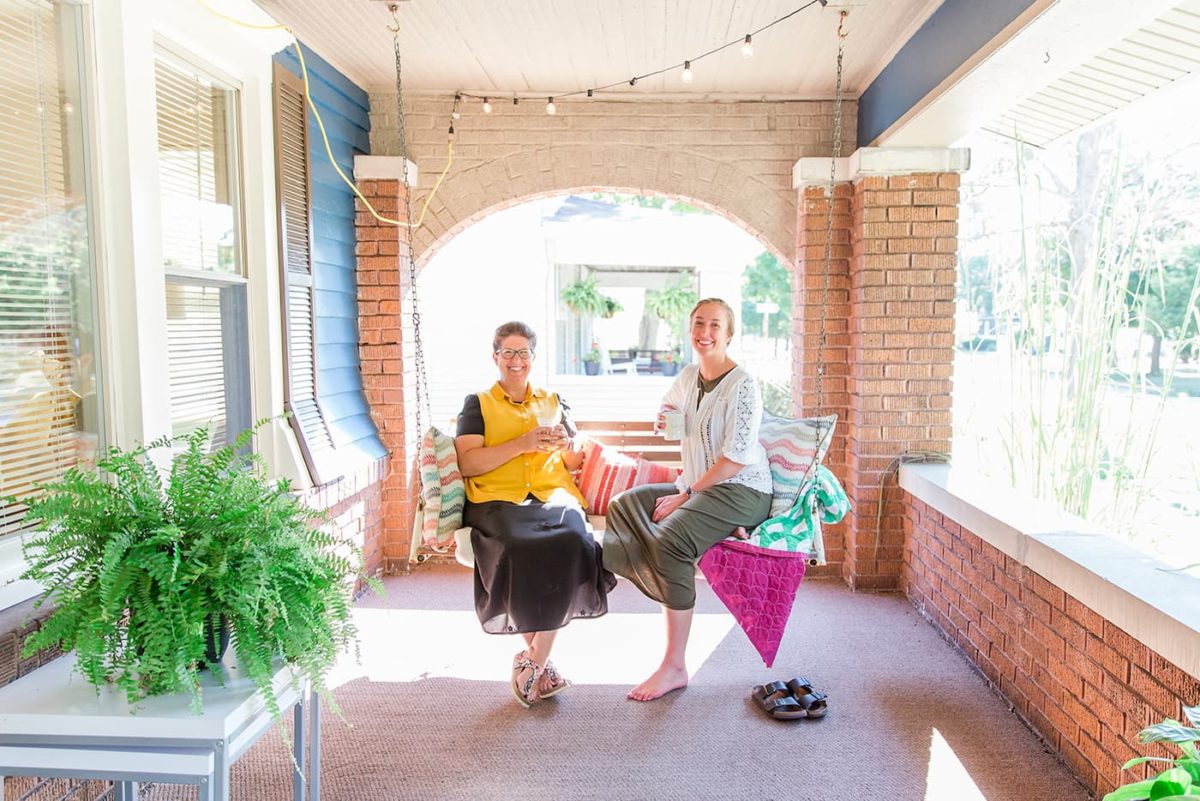You might often feel an almost-impossible pressure to accomplish as much work as possible in as little time as possible. But there’s a compelling argument to be made to aligning your day to help avoid burnout. With a little advanced planning, you can build rest breaks into your day as regular habits that won’t just help you relax. They’ll also help make you healthier and more effective in your work.
Let’s take a closer look at six ways that strategic, planned resting throughout your day can help you avoid burnout.
First, acknowledge that multitasking is a myth
The idea of multitasking seems like a powerful one. After all, who wouldn’t want to be able to do two or three things at once? At its surface, it seems like the key to better productivity.
But taking on multiple tasks, possibly more than you can handle, won’t ensure you get more work done or even that you do it well even if you do. According to the American Psychological Association, the benefits of multitasking have been vastly overstated. Shifting your brain from one type of task to another isn’t as simple as switching gears in a car. The research says that your brain may take up to 40% more time completing jobs if you multitask as opposed to simply focusing on one at a time.
Packing your schedule with as many tasks as you can then attempting to complete them all at the same time will leave you feeling overwhelmed. It will also take you longer, defeating the entire purpose of doing it in the first place. Resist the urge to do so by applying focus to one job at a time with breaks for rest in between. It also helps to stay organized, listing your tasks out one-by-one and checking them off as you go.
Use strategic rest to enable you to do higher-quality work
Imagine yourself at your desk to start your day. You look at your to-do list and understand there is at least one project you need to excel at today. You’re a high performer, and you’ll need your best performance possible for it.
But it’s much harder to be a high performer when your mind is overworked and overtaxed. Think of your mental energy in terms of physical energy, as they’re not very different. Your body has a finite amount of physical energy to expend over the course of a day. If you want to play racquetball, you wouldn’t run a marathon right before your match.
The same concept applies to your brain and the work that you do. Resting your mind prepares you to do higher-quality work when you need to do it most. You conserve mental energy so that your brain is sharp. You’ll be ready to think of creative solutions to complex challenges and then apply them.
Apply the concept of “the more hurry, the less speed”
Whipping through our workday as fast as possible seems productive on the surface. As soon as you complete one task, it’s natural to want to race on to the next one to get things done as quickly as you can. While there are times when it’s productive to do so, in some cases this can be detrimental to our own work. Taking a few seconds to breathe in between tasks helps improve your mindset for the next one you start. It also helps you wrap your mind around what will go into your next task.
Resting through meditation is a healthy habit to practice
Meditation during the workday can be a great way to help your mind recover and also improve your health. According to the Mayo Clinic, meditation can have multiple health benefits, including:
- Allowing you to have a new perspective on stress and stressful situations
- Giving you the ability to better manage stress
- Increasing self-awareness
- Focusing on the present as opposed to what’s to come or what’s happened
- Managing negative thoughts or emotions
- Improve your ability to think creatively
- Making you more patient and tolerant
Meditation isn’t some type of magic pill you can swallow, and there are many types of forms you can practice. You can certainly experiment with different types. But if you’ve never done it before, try taking ten minutes of your day to sit in a quiet place. Focus only on taking deep breaths with your stomach extending as you inhale and contracting as you inhale.
Even doing something as simple as that can help you feel more relaxed and in a better state of mind when you return to your work.
Resting gives you time to appreciate what you have
When you give yourself a moment to relax and block out stress-inducing thoughts from your mind, it enables to truly show appreciation for what you have. It’s easy to lose sight of what’s important when we feel trapped in the middle of a busy schedule. But focused relaxation allows you to take a moment to quietly show gratitude for things you may take for granted: the clothes on your back, the roof over your head, or the food you eat for lunch. This puts you in a state of gratitude when you go back to work, as it will put your other problems into perspective.
Taking a few moments every day to jot down things you’re grateful for is one way to show appreciation. The list also gives you a physical reminder of what you have to be thankful for, helping to limit stress and burn out. It’s nearly impossible to feel bad when you’re expressing gratitude.
Resting helps you prioritize
You should look to schedule times throughout your day specifically dedicated to rest and relaxation. At first glance, this may seem to add stress — the time spent on regenerating your mind may take away from other tasks. But don’t look at this as an added time-crunch. View it as an opportunity to treat your mind right while helping you prioritize your schedule.
You may have to move one or two items from your list of things to do, but that’s okay. By cutting your list down by a few items, you’re able to determine what really stands out as a high priority task. It will command more of your attention. By moving your lower priority items in favor of mental rest, you increase the likelihood that you’ll do a better job on the higher priority ones.
Of course, so many of the items on the aforementioned list of best practices depend on you tracking your daily activities and tasks. There’s no better way to do that than with a well-structured planner. That’s where the Ultimate Weekly Planner comes in. With the Ultimate Weekly Planner, you can budget your time effectively, enabling you to inject rest and relaxation into your day in a way that will make you more effective without the stress. For more on our planners, check out our shop!


